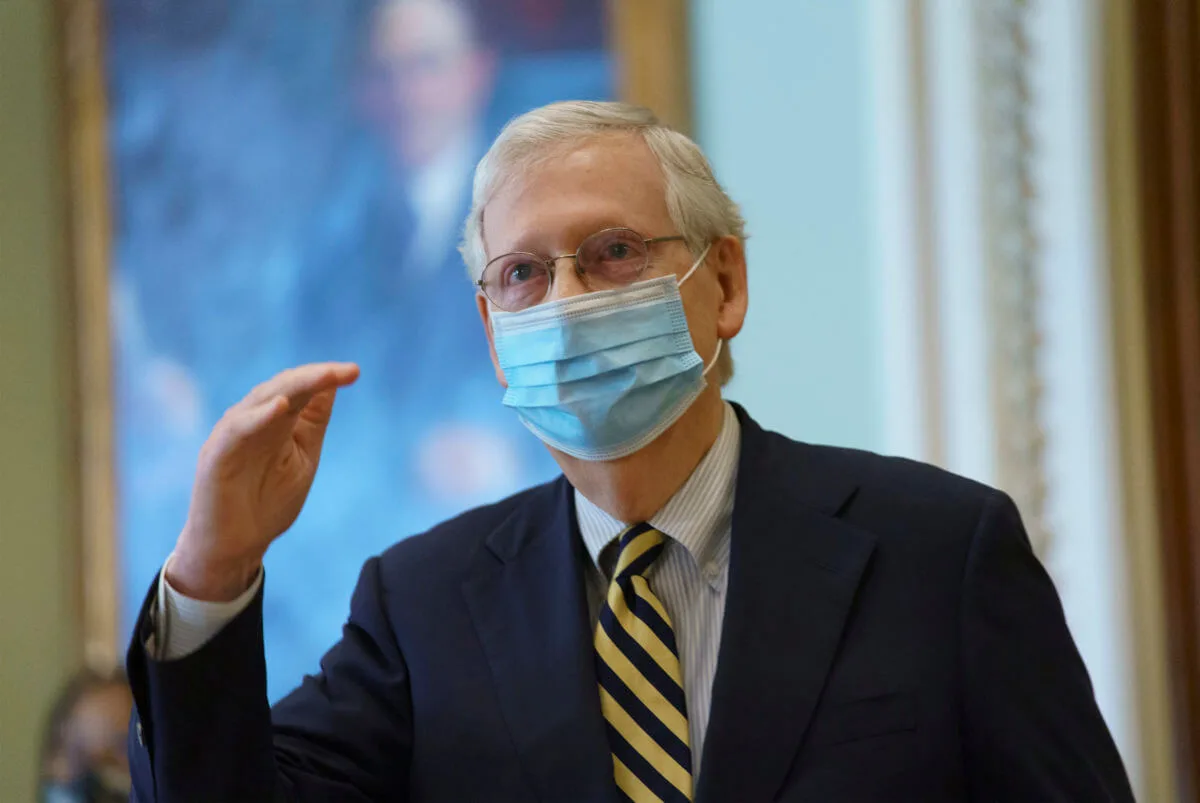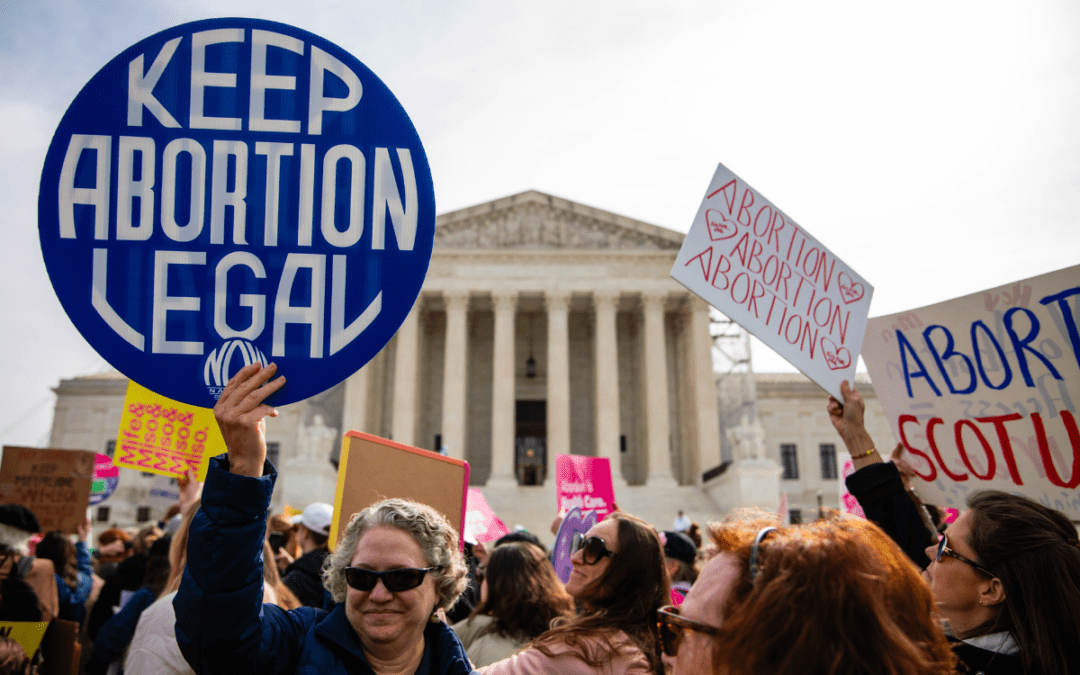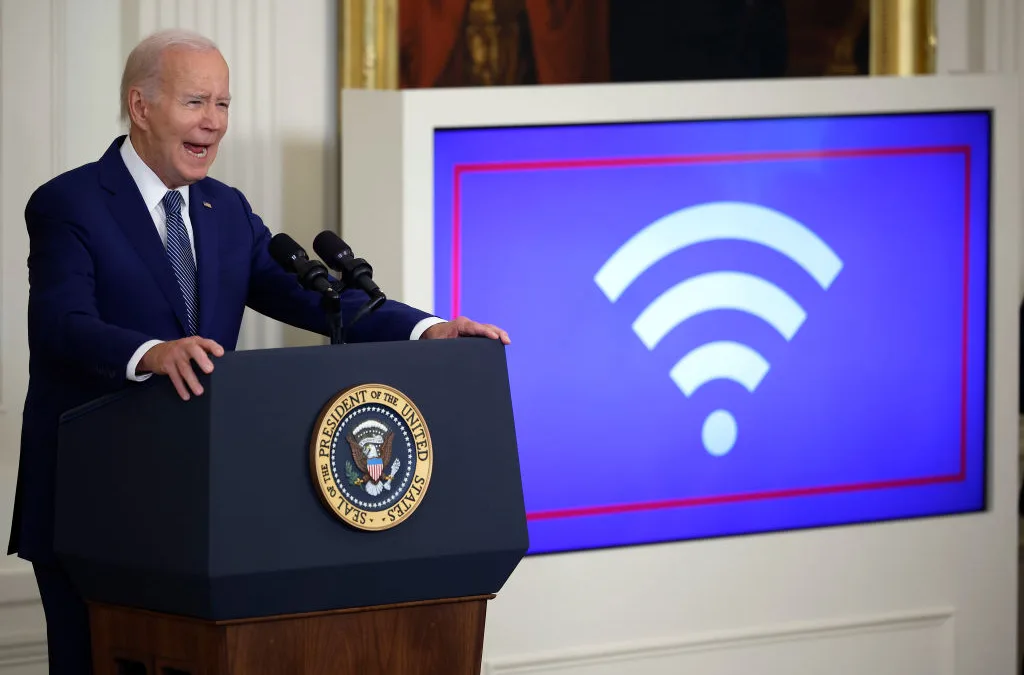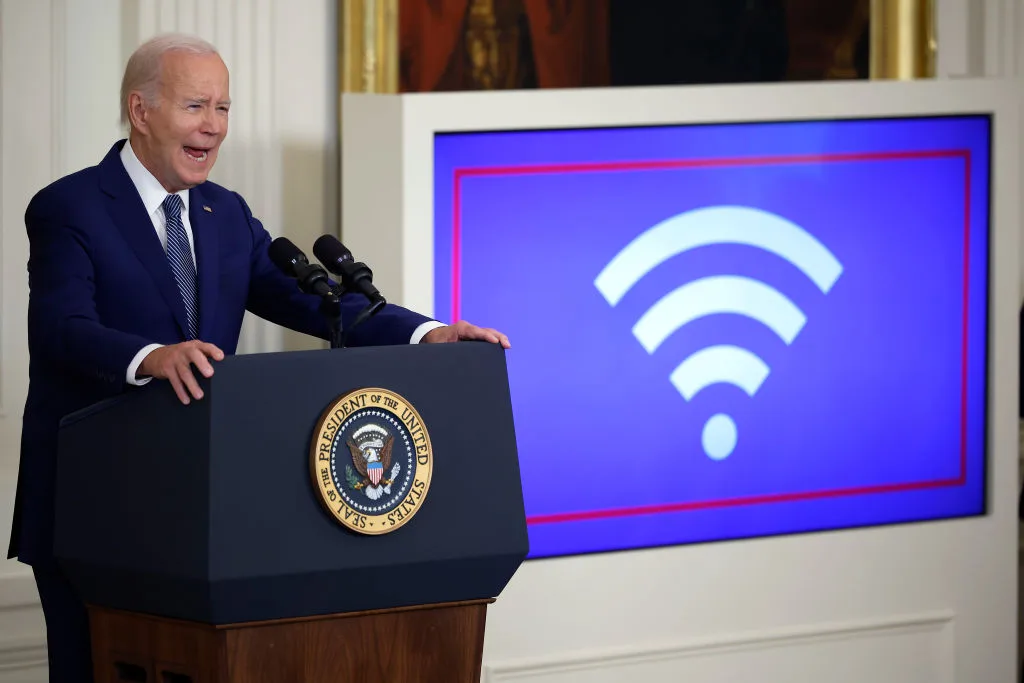
Senate Majority Leader Mitch McConnell, R-Ky., departs the chamber after speaking about the death of Supreme Court Justice Ruth Bader Ginsburg, at the Capitol in Washington, Monday, Sept. 21, 2020. (AP Photo/J. Scott Applewhite)
The list of bills passed by the Democratic-controlled House that are languishing in the Republican-led Senate totaled 395 in February, and has grown longer with the pandemic.
Senate Republicans secured the 51 votes needed to begin the Supreme Court nomination process Tuesday to replace Justice Ruth Bader Ginsburg, advancing on the grand prize in their years-long campaign to stack the judiciary top-to-bottom with conservatives. In the process, they’ve left hundreds of bills in limbo.
The GOP utilized procedural processes to block Obama-era nominations, then under President Donald Trump bent rules to fill more than 200 vacant judicial seats, endangering reproductive rights, workers rights, and voter enfranchisement.
In the meantime, Senate Majority Leader Mitch McConnell’s so-called legislative graveyard has grown exponentially. The list of bills passed by the Democratic-controlled House that are languishing in the Republican-led Senate totaled 395 in February, and has grown longer with the pandemic.
Here are some of the bills McConnell has ignored to focus on securing a conservative advantage on the highest court in the land.
Heroes Act – The House passed sweeping legislation on May 19 to provide a second wave of relief for Americans struggling economically under COVID-19’s spread. The $3 trillion aid package had funding for extending the $600 weekly unemployment supplement, another $1,200 stimulus payment, money for state and local governments, and funding for schools and the United States Postal Service. However, it hit a wall in the Senate. Not only have Republicans refused to pass it, but they also could not gather enough support to ratify their own $650 billion “skinny stimulus” earlier this month.
RELATED: Democrats Passed a Massive Relief Bill. McConnell Is Focused on Confirming Trump Nominees.
Child Care Is Essential Act – The bill would establish $50 billion for a Child Care Stabilization Fund to stabilize the child care sector and help providers safely reopen. Providers would be able to continue paying their staff at pre-pandemic rates; tuition and copayment relief would be covered for working families; facilities would have financial support in complying with public health safety guidelines for COVID-19. The legislation—which was approved by the House in July—would also prioritize providers servicing underserved communities.
“The COVID-19 pandemic is pushing our already fragile child care system to the brink of collapse,” said Virginia Rep. Bobby Scott said in a statement. “Without immediate relief, an overwhelming number of child care providers will permanently close and workers across the country will not have access to affordable child care just as businesses are beginning to reopen.”
Child Care for Economic Recovery Act – Passed July 29 to allocate $10 billion to construct, renovate or improve child care facilities, the Child Care for Economic Recovery Act would double a child-care grant program for states from $2.9 billion to $7.1 billion, and allocate another $850 million to a separate grant program to fund child and family care for essential workers. It also includes several tax incentives to help families afford care, and encourage employers to spend on child care for their employees.
Voting Rights Act – Georgia Rep. John Lewis risked his life securing voting rights protections in 1965. The civil rights icon’s death on July 17 renewed Democratic calls for restoring the fullness of the Voting Rights Act of 1965, which prohibited mostly Southern states from changing election rules such as voter identification laws, redrawing district maps, and restricting early voting, without advance federal approval. The Supreme Court in 2013 stripped away those protections, rendering it essentially toothless, but in December 2019 House Democrats voted unanimously to restore federal oversight.
All but one Republican opposed, and the act was promptly buried in the McConnell Graveyard, with the Senate leader telling the Wall Street Journal, “There’s very little evidence of this whole voter-suppression nonsense that the Democrats are promoting.” Experts, however, have documented new restrictions that disproportionately disenfranchise voters, particularly people of color.
Equality Act – The legislation, which would broaden the definition of protected classes to include sexual orientation and gender identity, passed the House 236-173 in May 2019 but has since languished in the Republican-controlled Senate. It would amend the Civil Rights Act to prevent discrimination based on sex, sexual orientation, and gender identity in places such as public facilities, housing, schools and the workplace.
RELATED: 1 in 4 Circuit Court Judges Have Been Appointed By Trump. Here’s Why That Matters For Your Rights.
HR 8 and HR 1112: Bipartisan Background Checks Act – Following a weekend of mass shootings that left at least 31 people dead in El Paso, Texas, and Dayton, Ohio, Democrats passed two background check bills in 2019. McConnell, however, has refused to have the Senate take action on them. The first, HR 8: Bipartisan Background Checks Act of 2019, would prohibit most person-to-person firearm transfers unless a background check can be conducted, closing a loophole that could be exploited at gun shows or between individuals. The second, HR 1112, would make firearms dealers wait 10 days for a response from the background check system before proceeding with a sale. Currently, they only have to wait three days. Neither bill has been acted on, despite passing the House over a year and a half ago.
For the People Act – This showcase anti-corruption legislation would automatically register citizens to vote, restore voting rights to people who have served felony sentences, and create a six-to-one matching system for small-dollar donations to congressional and presidential candidates who reject high-dollar contributions, funded by a fine on corporations that break the law. The Disclose Act, also part of the bill, would require organizations that spend money in elections to provide the names of donors who contribute more than $10,000.
“It’s a power grab for the American people,” said California Rep. Zoe Lofgren last year. The House Republican leader, Rep. Kevin McCarthy of California, called it “a massive federal government takeover” masterminded by “this new, Democrat, socialist majority.”
A wider list of major bills ignored by Senate Republicans can be found here.
READ MORE: With RBG Gone, the Affordable Care Act Faces Its Greatest Threat Yet.
Politics

How Project 2025 aims to ban abortion in Pennsylvania
Former president Donald Trump said abortion was a state’s rights issue recently, but conservative organizations, under the banner “Project 2025,”...

736,000 PA households could lose crucial help on their internet bills
Time is running out for the Affordable Connectivity Program, which provides low-cost high speed internet access for over 736,000 Pennsylvania...

What to know about Trump’s legal issues
Over the past year, former president Donald Trump has become the center of not one, not two, not three, but four criminal investigations, at both...
Local News

Conjoined twins from Berks County die at age 62
Conjoined twins Lori and George Schappell, who pursued separate careers, interests and relationships during lives that defied medical expectations,...

Railroad agrees to $600 million settlement for fiery Ohio derailment, residents fear it’s not enough
Norfolk Southern has agreed to pay $600 million in a class-action lawsuit settlement for a fiery train derailment in February 2023 in eastern Ohio,...




